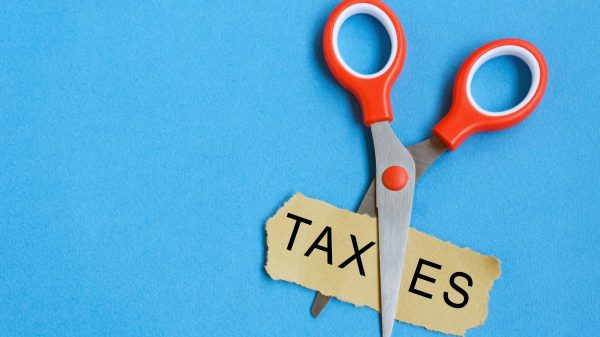Alabama’s new tax exemption on menstrual products and other family essentials will take effect Monday, marking a significant change in how the state treats these necessary items.
Beginning September 1, the state’s 4 percent sales tax exemption applies to tampons, pads, menstrual cups and maternity products, as well as baby formula, bottles, wipes, breast pumps, diapers and maternity clothing.
The exemption applies only to state-level sales taxes, which means counties and municipalities may still collect their own local sales taxes unless they pass ordinances to extend the exemption.
The measure was approved earlier this year. HB152, sponsored by Representative Neil Rafferty, D-Birmingham. Rafferty celebrated it as “a big win for Alabama’s working families.” The House of Representatives approved the bill unanimously in March, and Rafferty’s effort drew bipartisan backing throughout the process.
During debate, Representative Ginny Shaver, R-Leesburg, amended the bill to include adult diapers.
“You know I’m all about women, children and seniors,” said Shaver.
The Alabama Senate followed with unanimous approval in May, sending the bill to Governor Kay Ivey’s desk. Ivey signed it into law later that month.
Legislative analysts estimate the change will cost the state around $13 million in lost revenue each year, but the impact on the budget was a modest tradeoff for the financial relief it will provide to families.
Courtney Roark, Alabama Policy and Movement Building director for URGE: Unite for Reproductive and Gender Equality, said that these tax cuts are an essential component of family-first agendas.
“No one should have to choose between affording food or rent and essential healthcare products like tampons or diapers,” said Roarke. “We should all be able to take care of our health, safety, and family needs without it threatening our economic security. This is a huge win that will provide material economic relief for young people struggling to make ends meet and support their families in Alabama.”
Alongside the removal of the period tax, lawmakers also approved a phased reduction of the state grocery tax and expanded paid parental leave for teachers and state employees. Together, the initiatives represent an effort to ease economic pressures on Alabama households.
Starting Monday, families across the state will begin to see the effects of those changes.

















































